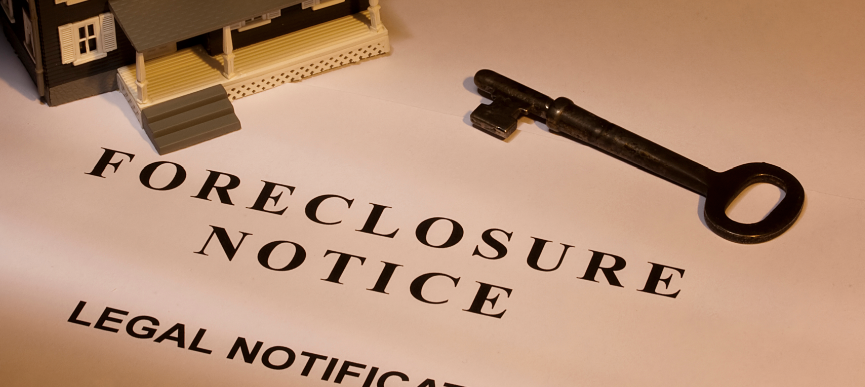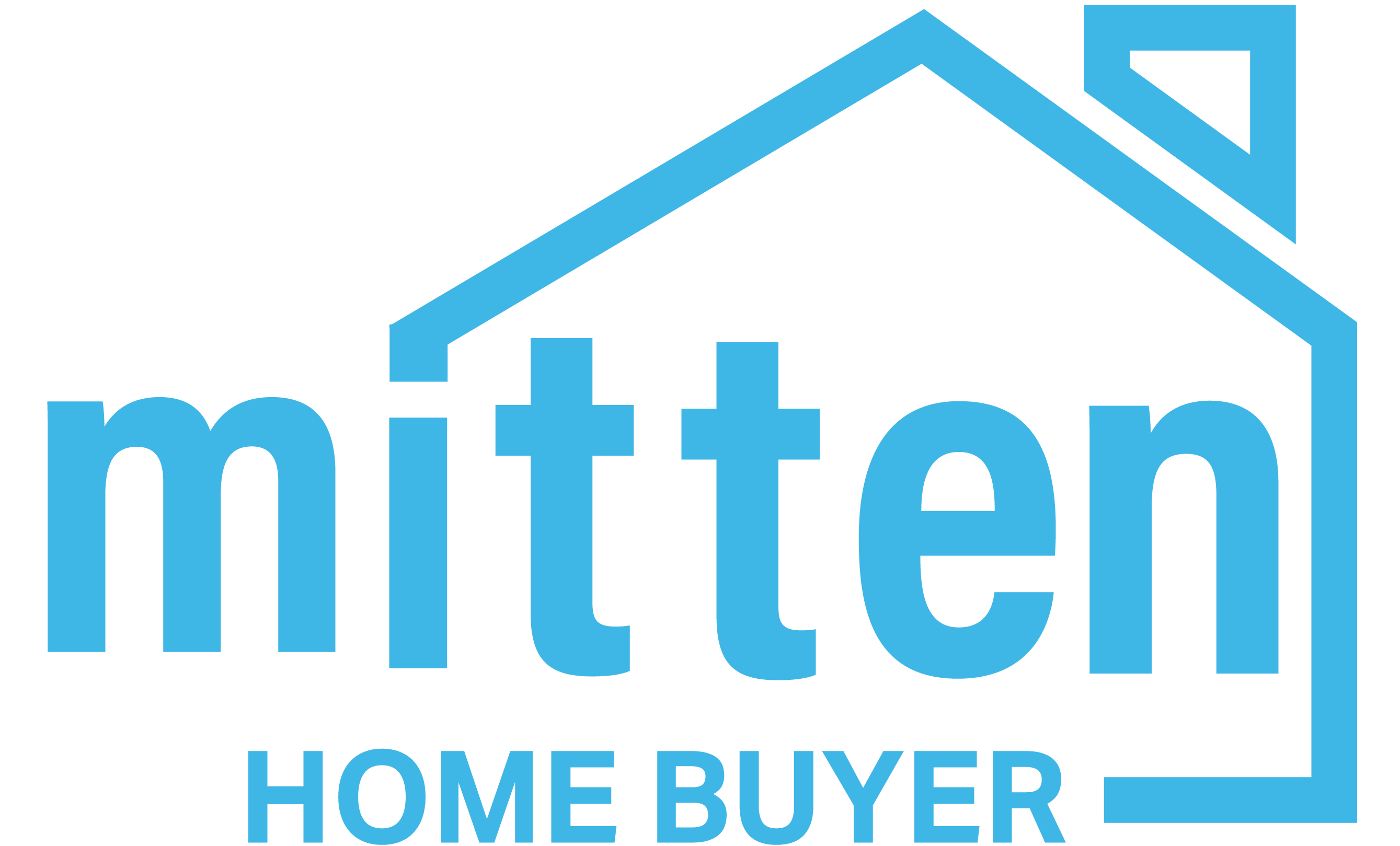
Foreclosure is a legal process that lenders use to recover the balance of a loan from a borrower who has stopped making payments. The process typically involves the sale of the mortgaged property. In Michigan, as in many other states, foreclosure is a multi-step process. One of the critical steps in this process is the issuance of a Notice of Default. This article delves into what a Notice of Default is, how it functions within the Michigan foreclosure process, and what homeowners can do when they receive such a notice.
What is a Notice of Default?
A Notice of Default is a formal notice filed by a lender indicating that a borrower has defaulted on their mortgage payments. This notice is the first step in the foreclosure process. It informs the borrower that they are in breach of the terms of their mortgage loan, typically because they have missed several monthly payments. The Notice of Default outlines the amount owed, including any late fees and penalties, and provides the borrower with a deadline to cure the default.
The Foreclosure Process in Michigan
Michigan primarily uses a non-judicial foreclosure process, meaning that foreclosures do not usually go through the court system. Instead, they are handled through a series of steps outlined in the mortgage agreement and state law. Here’s a breakdown of the typical foreclosure process in Michigan:
- Missed Payments: The process begins when a borrower misses one or more mortgage payments. Lenders typically send reminders and notices to the borrower before taking further action.
- Notice of Default: After a certain period, often 90 days of missed payments, the lender will issue a Notice of Default. This notice is recorded with the county recorder’s office and serves as a public declaration that the borrower is in default.
- Redemption Period: Michigan law allows a redemption period after the Notice of Default is issued. During this time, the borrower can reinstate the loan by paying the overdue amount plus any applicable fees.
- Notice of Sale: If the borrower does not cure the default within the redemption period, the lender will issue a Notice of Sale. This notice must be published in a local newspaper for four consecutive weeks and posted on the property. The Notice of Sale provides the date, time, and location of the foreclosure auction.
- Foreclosure Auction: The property is sold at a public auction to the highest bidder. If no one bids, the property reverts to the lender.
- Post-Sale Redemption Period: Michigan law provides a six-month redemption period after the foreclosure sale during which the borrower can repurchase the property by paying the sale price plus interest and fees.
Key Elements of a Notice of Default
A Notice of Default in Michigan contains several key elements:
- Borrower’s Information: The name and address of the borrower.
- Lender’s Information: The name and contact information of the lender or loan servicer.
- Property Details: The address and legal description of the property in question.
- Default Details: The amount of the default, including missed payments, late fees, and any other charges.
- Cure Deadline: The deadline by which the borrower must cure the default to avoid further foreclosure proceedings.
- Contact Information: Instructions on how the borrower can contact the lender to discuss options and possibly negotiate a resolution.
Borrower’s Rights and Options
When a borrower receives a Notice of Default, they have several options:
- Cure the Default: The borrower can pay the overdue amount, including any late fees and costs, to bring the loan current and halt the foreclosure process.
- Loan Modification: The borrower can negotiate with the lender to modify the loan terms, potentially lowering the monthly payments or extending the loan term.
- Short Sale: If the borrower cannot afford the mortgage, they may negotiate a short sale with the lender, selling the property for less than the owed amount.
- Deed in Lieu of Foreclosure: The borrower may voluntarily transfer ownership of the property to the lender in exchange for forgiveness of the debt.
- Bankruptcy: Filing for bankruptcy can temporarily halt the foreclosure process and provide the borrower with more time to explore options.
- Consult a Housing Counselor or Attorney: Seeking professional advice can help borrowers understand their rights and options.
Impact of a Notice of Default
Receiving a Notice of Default has several significant impacts:
- Credit Score: The borrower’s credit score will likely drop significantly, affecting their ability to obtain future credit.
- Public Record: The notice becomes part of the public record, which can be accessed by potential lenders, employers, and others.
- Stress and Uncertainty: Facing foreclosure can be highly stressful and uncertain for borrowers and their families.
Conclusion
A Notice of Default is a critical step in the foreclosure process in Michigan. It serves as a formal declaration that a borrower has defaulted on their mortgage and starts the clock on the foreclosure process. Borrowers who receive a Notice of Default have several options to consider, from curing the default to negotiating with the lender. Understanding the process and knowing their rights can help borrowers make informed decisions and potentially avoid losing their homes. If you find yourself facing foreclosure, it’s crucial to seek professional advice to navigate this challenging situation effectively.
Want to know more?
Call us anytime (616) 275-4335 or connect with us on our website and we’ll lay out all of your options for your specific situation.

